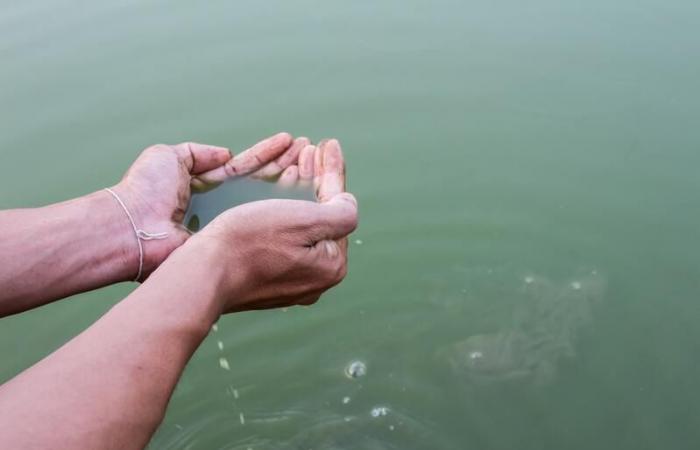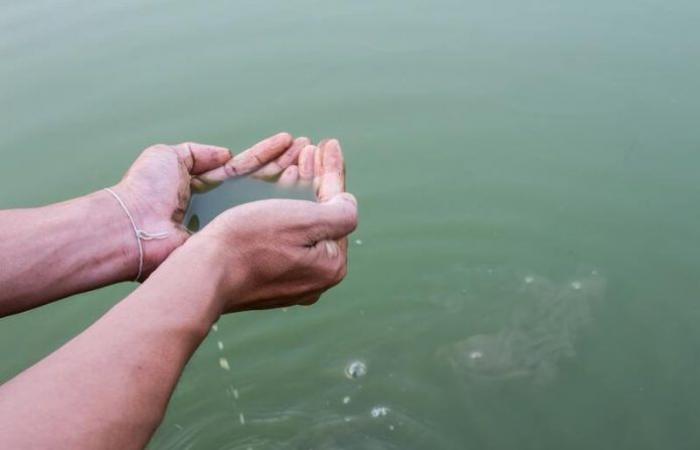
The island of Mayotte faces a major health challenge. On January 19, 2025, health authorities confirmed a first case of cholera in a patient who had recently returned from the Comoros, where an epidemic is currently occurring. This person was immediately treated and placed in isolation in hospital, in order to avoid any transmission.
According to the Ministry of Health, the patient's condition is stable, and no local contamination has been detected to date. Epidemiological investigations are underway to identify possible contacts and strengthen surveillance.
Cholera: the return?
What is cholera?
Cholera is an acute diarrheal infection caused by the bacteria Vibrio choleraewhich is spread primarily by ingestion of contaminated water or food. The disease can lead to severe dehydration and even death if not treated promptly.
Symptoms usually appear 2 to 5 days after infection and include:
- Heavy and sudden diarrhea,
- Vomiting,
- Rapid dehydration with intense fatigue, thirst and muscle cramps.
According to the World Health Organization (WHO), cholera affects between 1.3 and 4 million people worldwide each year, causing approximately 143,000 deaths.
Why is Mayotte vulnerable?
The passage of Cyclone Chido greatly weakened Mayotte, impacting health infrastructure and access to drinking water. However, cholera mainly spreads in areas where hygiene and sanitation are insufficient.
Local authorities fear that the destruction of water and sanitation networks, combined with precarious living conditions, will encourage the appearance of new cases.
To limit the risks, preventive measures have been put in place:
- Distribution of drinking water in the most affected areas,
- Reinforced surveillance of suspected cases,
- Raising public awareness of hygiene practices (hand washing, drinking boiled or treated water).
Should we expect the virus to spread in France?
What are the risks of a cholera epidemic in France?
In mainland France, the risk of a cholera epidemic is extremely low, thanks to an efficient health system and widespread access to drinking water. The latest cases reported in mainland France were mainly imported cases, like the one recently observed in Mayotte.
-However, precautions are being taken to prevent any spread, including:
- Border health control,
- Wastewater monitoring,
- Rapid screening and treatment of suspected cases.
How to protect yourself from cholera?
Prevention is mainly based on hygiene and access to healthy water. Here are some simple recommendations to avoid any risk of infection, particularly in risk areas:
- Drink only drinking water, bottled or previously boiled,
- Wash your hands regularly, especially before eating,
- Cook foods thoroughly, especially seafood,
- Avoid raw or poorly washed foods.
There is also a cholera vaccine, recommended for people traveling to high-risk areas.
What is the current situation in Mayotte?
For the moment, the authorities want to be reassuring: no spread of cholera has been detected in Mayotte, and the situation is under control. However, vigilance remains essential, and actions are being deployed to prevent a health crisis from setting in on the island.
Mahorais are called upon to strictly respect hygiene instructions, while health professionals continue their work of prevention and epidemiological surveillance.
NAMELY
Cholera struck Europe several times in the 19th century, notably during epidemics of 1832, 1849 and 1866, causing thousands of deaths. The disease spread via trade routes from India, hitting major cities hard due to lack of hygiene and clean water. In 1854, British physician John Snow demonstrated that cholera was transmitted through contaminated water, leading to health improvements. Today, thanks to progress in sanitation, cholera has disappeared from Europe, except in rare imported cases.








